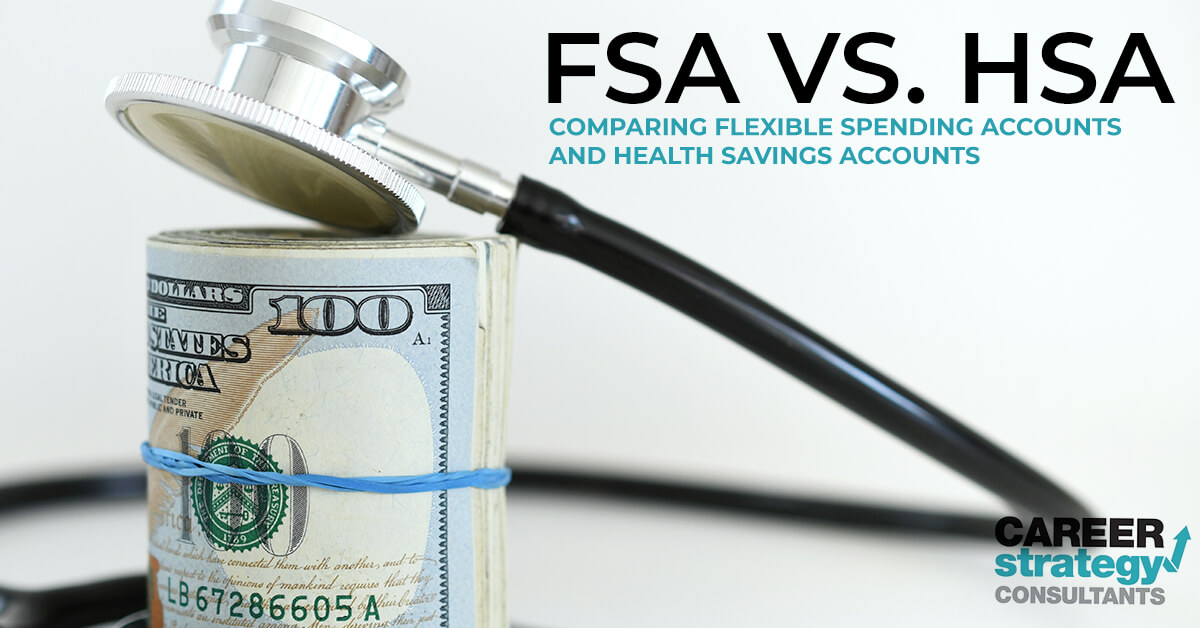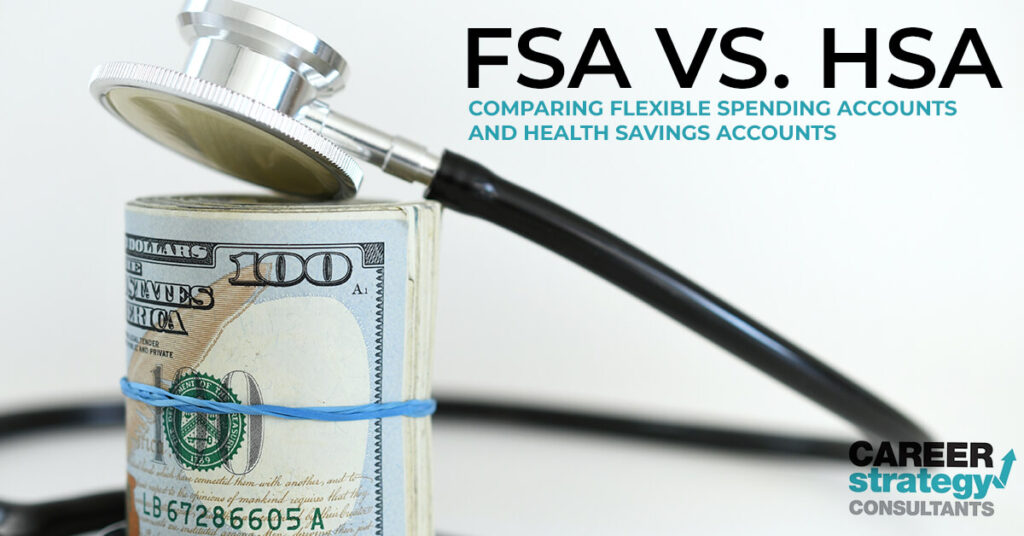FSA vs HSA: Comparing Flexible Spending Accounts and Health Savings Accounts


When it comes to managing healthcare expenses, Flexible Spending Accounts (FSAs) and Health Savings Accounts (HSAs) are two popular options that help individuals save money on a tax-advantaged basis. While both accounts offer unique benefits, they also come with their own set of rules and limitations. In this blog post, we will explore the differences between FSAs and HSAs, as well as the pros and cons of each.
FSA: Flexible Spending Account
FSAs are employer-sponsored accounts that allow employees to set aside pre-tax dollars for eligible healthcare expenses. These expenses can include medical, dental, vision, and prescription costs, among others.
Pros of FSAs
-
- Tax savings: Contributions to an FSA are made pre-tax, reducing your taxable income and potentially lowering your tax bill.
-
- Immediate availability: The full amount of your annual FSA election is available at the beginning of the plan year, allowing you to pay for large healthcare expenses early on.
-
- Employer contributions: Some employers choose to contribute to their employees’ FSAs, providing additional funds for healthcare expenses.
Cons of FSAs
-
- Use-it-or-lose-it rule: Unused FSA funds typically do not carry over to the next plan year, which means you could lose any remaining balance at the end of the year. Some employers offer a grace period or allow a small carryover amount, but this is not required.
-
- No portability: If you change jobs or leave your employer, you typically cannot take your FSA with you. You must use the funds by the end of the plan year or risk losing them.
- Limited annual contributions: The IRS sets a maximum annual contribution limit for FSAs, which can restrict the amount you can save for healthcare expenses.

HSA: Health Savings Account
HSAs are individual accounts that allow you to save pre-tax dollars for qualified medical expenses if you are enrolled in a High Deductible Health Plan (HDHP).
Pros of HSAs
-
- Triple tax advantage: HSAs offer a triple tax advantage – contributions are tax-deductible, the account grows tax-free, and withdrawals for qualified medical expenses are tax-free.
-
- No use-it-or-lose-it rule: Unlike FSAs, any unused HSA funds carry over to the next year, allowing you to build up a balance for future healthcare expenses or even use it for retirement savings.
-
- Portability: HSAs are not tied to your employer, so you can keep your account if you change jobs or retire.
-
- Investment options: Many HSAs offer investment options, allowing you to potentially grow your savings over time.
Cons of HSAs
-
- HDHP requirement: To be eligible for an HSA, you must be enrolled in an HDHP, which may not be the best choice for everyone due to their higher deductibles and out-of-pocket costs.
-
- Limited annual contributions: Like FSAs, HSAs have annual contribution limits set by the IRS, restricting the amount you can save each year.
-
- Potential penalties: Withdrawals from an HSA for non-qualified expenses before age 65 are subject to income tax and a 20% penalty.
Conclusion
Both FSAs and HSAs offer valuable benefits for managing healthcare expenses, but they serve different purposes and come with their own set of rules. When deciding which account is right for you, consider factors such as your healthcare needs, tax situation, and long-term financial goals. Always consult with a financial advisor or tax professional to determine the best approach for your individual circumstances.

More Than Just Staffing
For Employers
For Individuals
